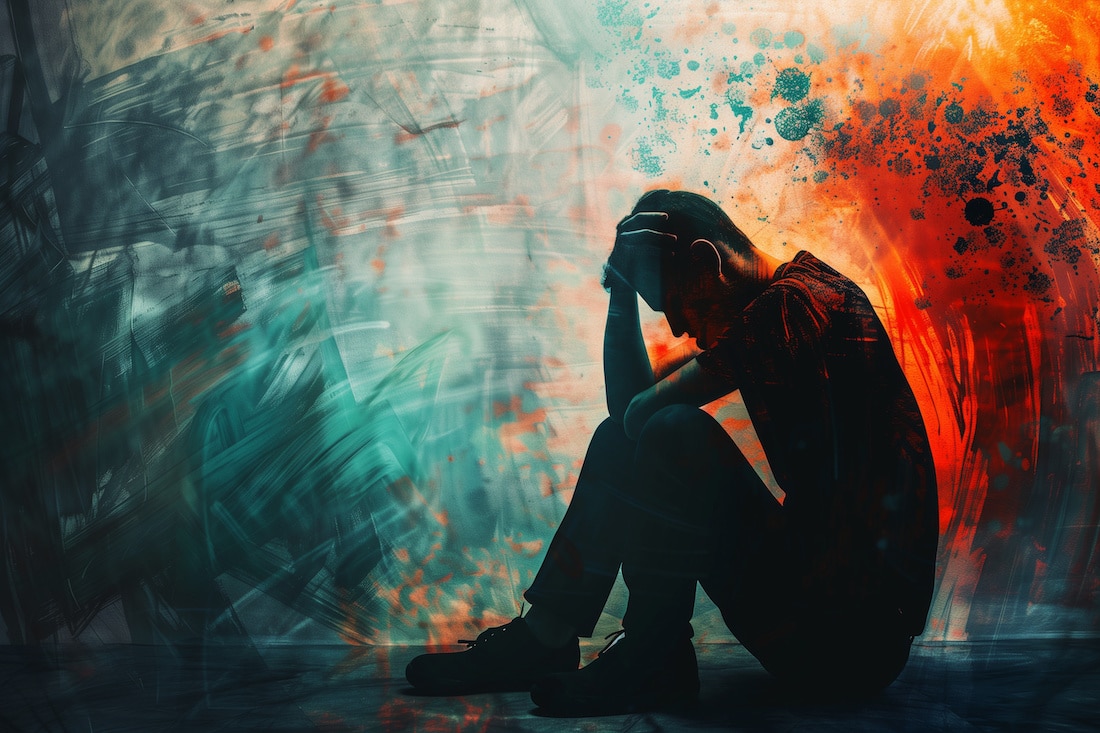In an increasingly interconnected world, it may seem paradoxical that social isolation and loneliness are becoming growing concerns. However, the modern age has brought about a different kind of epidemic—one that affects the mind and heart.
Both social isolation and loneliness can have profound negative effects on mental health. Understanding the relationship between these things will help shed light on the silent pandemic affecting millions.
The Risks of Social Isolation and Loneliness
The Centers for Disease Control and Prevention outline some of the threats that social isolation and loneliness pose to your physical and mental health.1 What are some of the risks of social isolation and loneliness?
Depression and Anxiety
One of the most well-documented effects of social isolation is its link to depression and anxiety.2 Individuals who are cut off from social interactions, may begin to ruminate on negative thoughts, leading to a sense of hopelessness and helplessness. The absence of social support exacerbates these feelings, making it difficult to cope with stressors.
Cognitive Decline
Studies have shown prolonged social isolation can contribute to cognitive decline and an increased risk of neurodegenerative diseases like Alzheimer’s disease. Social interactions stimulate the brain, keeping it agile and sharp. Without these stimuli, cognitive abilities may deteriorate faster.
Physical Health Decline
Social isolation isn’t just detrimental to mental health; it can also lead to physical health issues. Socially isolated individuals are more likely to engage in unhealthy behaviors such as poor diet, lack of exercise, and excessive alcohol or substance use. These behaviors can lead to chronic conditions like obesity, diabetes, and heart disease.
Emotional Pain
Loneliness is more than just feeling sad or down. It’s a profound emotional pain that can affect self-esteem and self-worth. Often, individuals experiencing loneliness feel like they are invisible or unimportant to others, which can erode their sense of identity and purpose.
Sleep Disturbances
Loneliness can disrupt sleep patterns, leading to insomnia and sleep disorders. The emotional distress associated with loneliness can keep individuals awake at night, contributing to a vicious cycle of sleep deprivation and worsening mental health.
Weakened Immune System
Chronic loneliness has been linked to a weakened immune system. The body’s ability to fight infections and illnesses can be compromised when loneliness becomes a constant companion, leaving individuals more susceptible to health issues.
Contending Social Isolation and Loneliness
It isn’t easy to rebuild social connections after feeling isolated for a while, but there are some steps you can take. Here are a few tips to start combating social isolation and loneliness.
Cultivate Social Connections
Proactively seek out social interactions, even if they are virtual. Join clubs or groups that align with your interests, and reach out to friends and family for regular catch-ups.
Practice Self-Compassion
Recognize that loneliness is a common human experience and doesn’t reflect your worth. Be kind and compassionate towards yourself as you work to overcome it.
Seek Professional Help
If social isolation or loneliness is severely impacting your mental health, don’t hesitate to seek help from a therapist or counselor. They can provide strategies and support to navigate these challenges.
Reaching out to a facility like Clearview Treatment Centers can be your first step back to wellness. You’ll find a range of mental health and addiction programs available at Clearview that can help you reconnect with the world around you and overcome any residual mental health difficulties.
Reach out to our admissions specialists at 310-455-5258 or submit an online contact form to find the program that’s right for you today.
References
- Centers for Disease Control and Prevention. (2023). Health Risks of Social Isolation and Loneliness.
- American Psychological Association. (2019). The risks of social isolation.



